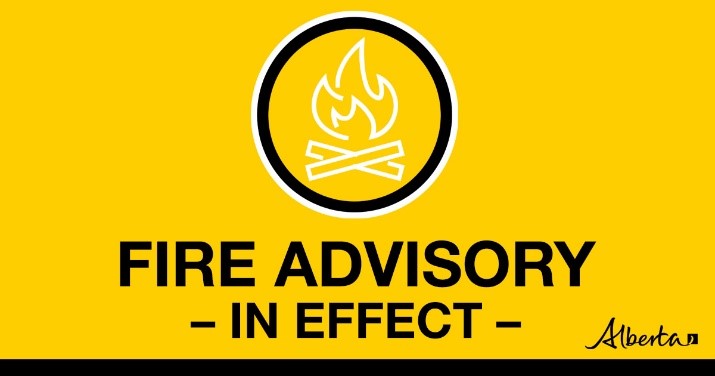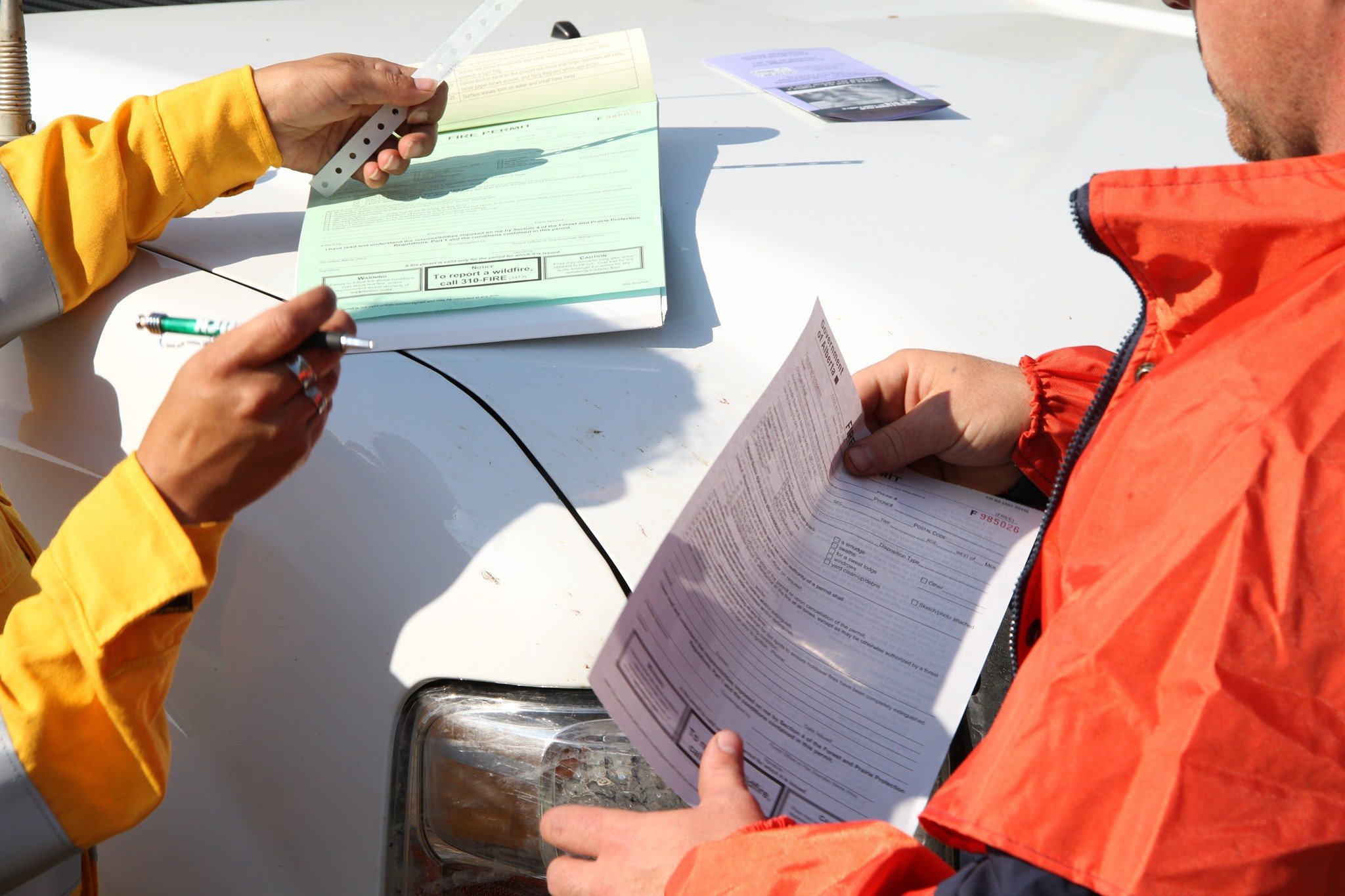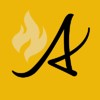The fire danger in the Peace River Forest Area (PRFA) is HIGH.
Please continue to use caution when in the forested areas as a fire danger is still present. If you are having a campfire remember to fully extinguish it by soaking the ashes, stirring them and soaking them again.
Please use caution when spending time in forested areas, as a fire can start and spread quickly.
Visit Fire Smoke Canada to see the smoke forecast and where it is coming from.

Fire Advisory
A fire advisory is in effect for the Peace River Forest Area due to warm, dry, and windy conditions.
Under this advisory:
- Existing fire permits are still valid.
- New permits will be considered on a case-by-case basis.
- All valid fire permit holders must adhere to the conditions of the permit and postpone burning if wind speeds exceed the stated limit. Failure to do so could result in a violation ticket or further legal action.
Prohibited:
- Any burning without a valid fire permit, other than a campfire, is prohibited.
Allowed:
- Safe wood campfires;
- Backyard fire pits;
- Portable propane fire pits;
- Gas or propane stoves and barbecues; and
- Catalytic or infrared-style heaters.
Municipalities, parks and protected areas may have additional fire safety requirements.
Never leave a campfire unattended. Soak it, stir it, and soak it again until cool to the touch to ensure it is extinguished.
If you see a wildfire, report it immediately by calling 310-FIRE.
Please visit albertafirebans.ca to see a map of the area covered by this fire advisory.
The fire advisory will remain in effect until conditions improve.
.png?width=1200&height=676&name=wildfire%20app%20(2).png)
Since January 1, there have been 137 wildfires in the PRFA burning a total of 50,416.82 hectares (ha).
PWF125 was discovered July 23 and is classified as out of control. It is estimated to be 11,950 ha in size. It is located approximately 15 kilometers south of the Chinchaga Wildland Park.
PWF093 was discovered July 8. It is classified as out of control at 16,743 ha.
PWF082 was discovered on June 30. It is approximately 8,550 hectares in size and classified as being held. It is located south of Chinchaga Wildland Provincial Park.
PWF074 was discovered June 28 and is estimated to be 101 hectares in size. It is located approximately two kilometers northwest of Little Buffalo and is classified as under control.
Kimiwan Complex (SWF068, PWF038)
SWF068 This wildfire is 143,039 hectares in size and is classified as under control (UC).
PWF038 is classified as under control and is 6,534 hectares. Firefighters continue to patrol the area to identify and extinguish hot spots.
Basset Complex (HWF058, PWF067)
The Basset Complex is being managed by the High Level Forest Area. For more information please visit the High Level Forest Area Update.
To view wildfires on a map, download the AB Wildfire Status App or visit the Alberta Wildfire Status page.
Visit Alberta Wildfire Status to learn more about wildfire classifications.

Fire permits
From March 1 to October 31, fire permits are required for any burning, except campfires, in the Forest Protection Area of Alberta.
Fire permits help us track what is burning on the landscape. If you are burning without a permit or not following permit conditions, your fire could be considered a wildfire and you could be fined and may be responsible for the costs of suppressing the fire. By getting a fire permit, you help keep our firefighters free to fight real wildfires instead of responding to the smoke in your backyard.
Fire permits are free and are now available online. Visit firepermits.alberta.ca for information on how to make a request online.
Fire permits are also still available, by request, from your local Forestry Office at 780-624-6190.
Stay away from active wildfire areas | For your safety and to ensure firefighters can do their job safely, please stay away from active wildfire areas. Your cooperation is essential.
Dangerous trees | Be extra cautious near burnt areas and avoid forested areas that have been recently affected by wildfire. Hazards remain from falling trees or branches, especially if windy, deep ash pits and burning peat.
Reporting wildfires | Please do not report smoke or flame from within an active wildfire area. Firefighters are diverted from essential tasks to respond to fires reported by the public. You may see smoke or flame within the existing boundary of a wildfire, this is normal.
Smoke | Lingering smoke may still be visible in some areas and in affected communities. Smoke inversions can trap air near the ground causing dangerous driving conditions and poor air quality. Please use extra caution when driving in smoky conditions, and take necessary precautions if you have smoke-related health concerns.
Drones | The use of recreational drones over wildfires in Alberta is dangerous, illegal and could result in a fine of up to $15,000 for putting aircraft and people at risk. Please give Alberta firefighters the space they need to do their jobs safely.

FireSmart
Using FireSmart principles is becoming a way of life for many communities in North America. With so many neighborhoods threatened by wildfire each year, residents are taking action and reducing the risk to their homes, cabins and properties.
To learn more on how you can protect your home and structures from wildfire, visit FireSmart Canada or download the Farm and Acreage FireSmart magazine.
FOR MORE INFORMATION
- Bookmark the Peace River Wildfire Update and check for updates anytime or subscribe to receive it in your inbox.
- You can also find us on Facebook, Twitter and Instagram or visit the Alberta Wildfire website.
CONTACT
HELPFUL LINKS

